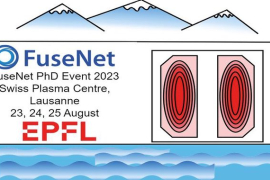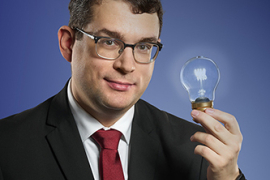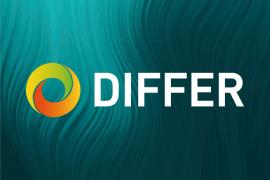The FuseNet PhD event will take place at EPFL (École polytechnique fédérale de Lausanne) in Switzerland from 23 to 25 August.
DIFFER
Events (archive)
We believe in our duty to share knowledge through weekly seminars, regularly workshops and other events. on this page you'll find events organized in the past. If you're interested in upcoming events visit the Events page. Our weekly seminars at DIFFER cover a wide range of topics and are open to everybody. Please, read more on our dedicated Seminars page. You can find specific information for external visitors and subscribe to our seminar mailinglist on this page.




